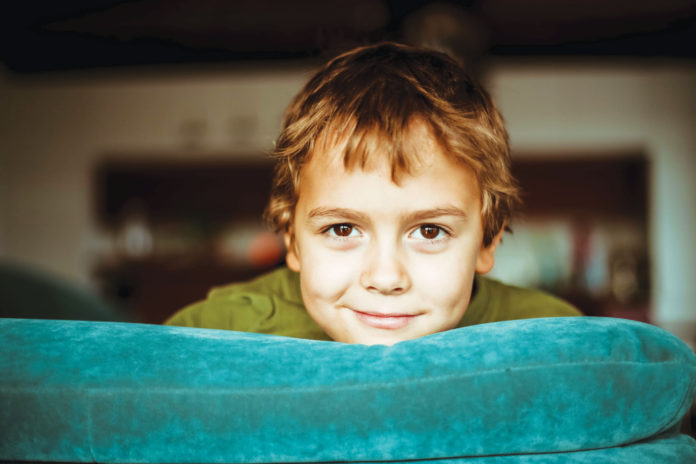Children can get anxiety just like adults. Whether it’s adjusting to the changes at school or home, social anxiety, separation anxiety, or generalized anxiety disorder, it’s important to recognize the signs of anxiety in children, take them seriously, and know how to support your child to help them cope.
Anxiety in children is a natural response to stress and challenges. While it’s normal for kids to feel anxious at times, persistent and intense anxiety can negatively impact their mental and emotional health. Common triggers for anxiety in kids include academic pressures, social interactions, family dynamics and environmental stressors.
Signs of Anxiety in Children
Recognizing anxiety in children can be challenging as they may not always express their feelings directly. Look out for the following signs that may indicate your child is experiencing anxiety:
- Physical Symptoms: Headaches, stomachaches, racing heart, jittery, fatigue and muscle tension.
- Emotional Changes: Increased irritability, acting “clingy,” mood swings, excessive worrying and difficulty concentrating.
- Behavioral Changes: Avoidance of certain situations, changes in eating or sleeping patterns and withdrawal from social activities.
- Academic Challenges: Not wanting to go to school, decline in academic performance, difficulty completing tasks and perfectionism.
The signs and symptoms of child anxiety come from a child’s “fight or flight” response to what their body perceives as danger even when there is no real danger. Parents or teachers may notice some of these symptoms. Other symptoms, like feeling nervous or worried, only the child may feel.
Strategies to Support Anxious Kids
If you recognize that your child is feeling anxiety on a regular basis, there are coping skills and tools that you can use to help them manage their anxiety when the symptoms are present.
- Open Communication: Create a safe and open environment for your child to express their feelings. Encourage them to share their worries without judgment, and actively listen to their concerns.
- Teach Coping Skills: Equip your child with age-appropriate coping mechanisms, such as deep breathing exercises, mindfulness, and positive self-talk. These tools can empower them to manage their anxiety when it arises.
- Establish Routine: Consistency and predictability can provide a sense of security for anxious children. Establishing a daily routine helps create stability and reduces uncertainty.
- Encourage Healthy Lifestyle Habits: Ensure your child gets enough sleep, engages in regular physical activity and maintains a balanced diet. These factors play a crucial role in managing stress and anxiety.
- Seek Professional Support: If anxiety persists and significantly impacts your child’s daily life, consider seeking the help of a mental health professional. Therapists and counselors specialized in working with children can offer valuable support and guidance.
- Be a Good Example: How do you respond to stress? Model healthy coping so your child can see that stress is inevitable, but there are healthy ways to manage it. Kids are so perspective and always watching. Be sure to set a good example.
- Find Coping Skills That Work For Them: Knowing your child and what works for them is so important. Not every coping method will work for every child. Test different ideas until you find what works best for your child. Some things to try include: using a stress ball, exercise, journaling, deep breathing, meditation, or talking to a therapist or counselor.
- Don’t Expect to Eliminate Your Child’s Anxiety: It is hard to see your child upset or worried, but know that you cannot expect to completely eliminate the triggers of their anxiety. The goal should be to help them learn how to manage their anxious feelings when they come up. This will help lessen their anxiety over time.
Anxiety in kids can be concerning, but by creating a supportive environment, teaching effective coping strategies, and seeking professional help when needed, we can empower our children to navigate life’s challenges with confidence and emotional well-being. Remember, every child is unique, and addressing anxiety requires patience, empathy, and a collaborative approach.
Maaliea Wilbur, a Licensed Marriage and Family Therapist, is Founder and CEO of TherapyWorks. For more information, visit mytherapyworks.com.













